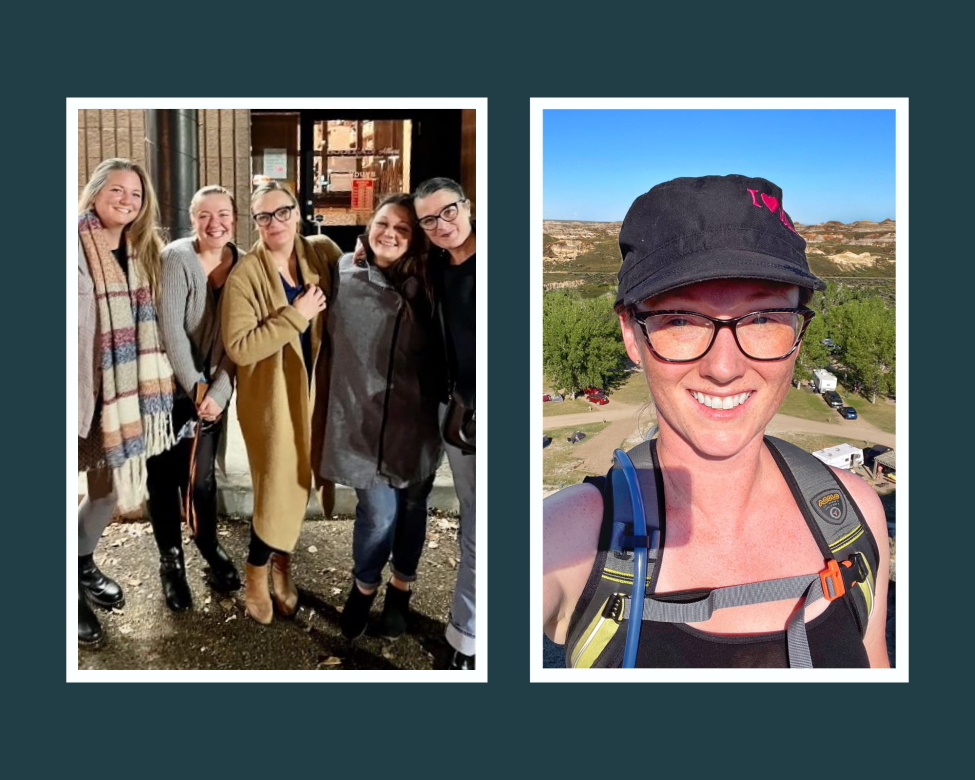
Hot Topics

Alberta has some fabulous hotel pools. Check out our list featuring the best of the best.

From gift guides to tips for stress-free hosting, we’ve rounded up all our Christmas content in one spot!

Check out our ultimate list of roadside attractions all across Alberta!

Welcome to Alberta Mamas!
Alberta Mamas was founded in 2017 by a group of Edmonton mamas who wanted to create a community hub for all Albertan parents. As time passed lives shifted and children grew. The search for someone equally as dedicated to the vision started.
Head-Mama Jen was just launching Alberta With Kids when the Mamas found her. She took over Alberta Mamas in Spring 2023, with the goal of sharing our incredible province, the joys (and tribulations) of parenting here, and, most importantly, continuing to build the inclusive, accepting village the founding mamas started.














